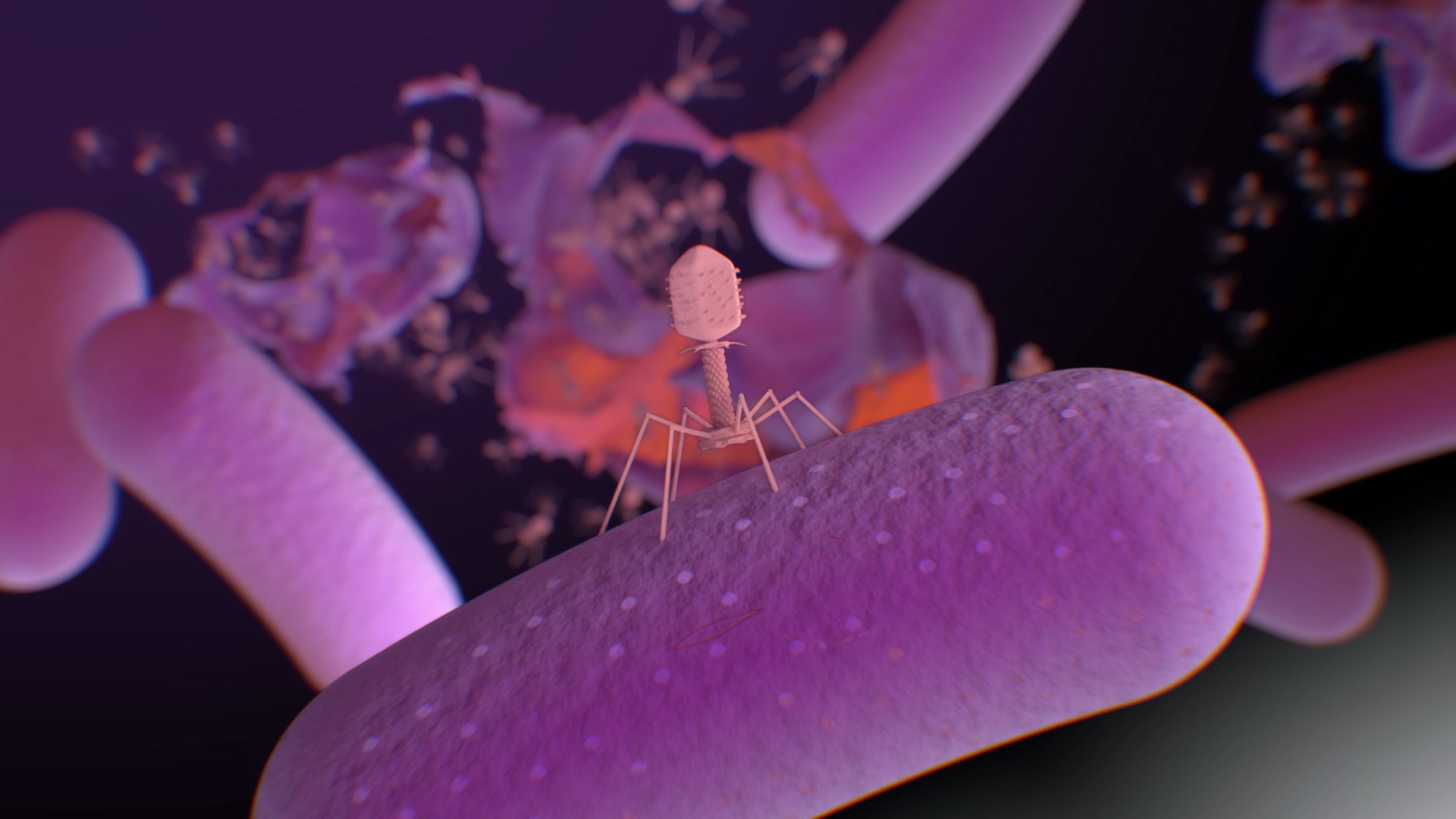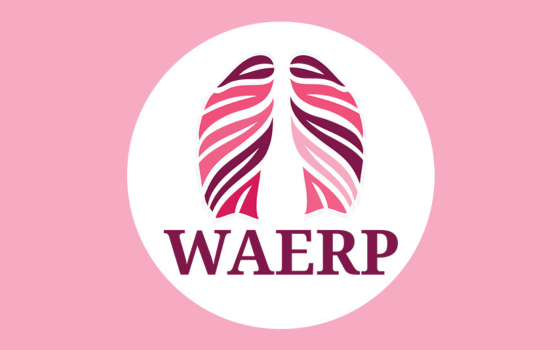Search
Lack of small colony variants of Staphylococcus aureus from lower respiratory tract specimens Abstract Background: Small-colony variants (SCVs) of

Hypoxia and sterile inflammation in cystic fibrosis airways mechanisms and potential therapies ABSTRACT Cystic fibrosis is one of the most common

Clinical utility of surveillance computed tomography scans in infants with cystic fibrosis Abstract Background: In cystic fibrosis (CF), irreversible

We've compiled a number of helpful links to phage resources in Australia and beyond.
Bronchiectasis is a condition where the lungs become damaged and prone to infections.

The Australian Epithelial Research Program (WAERP) comprises of several parties, including our Chief Investigators, Compliance, Scientific and Clinical Teams, and our Student group.

The Scientific Advisory Committee's (SAC) role is to provide scientific direction and to ensure the objectives of WAERP are reflected in the research performed; SAC forms part of our governance structure.

Want to know how to be involved with WAERP? Or how long the project is running for? View our Frequently Asked Questions (FAQs) for answers to these questions and more.
Parents may be concerned that social media is teaching their children that they’re not good enough because of the impossible standards which are set.
With backgrounds spanning the globe, members of our team have come together to support the vital work of The Kids Research Institute Australia, to ensure we impact kids everywhere.
